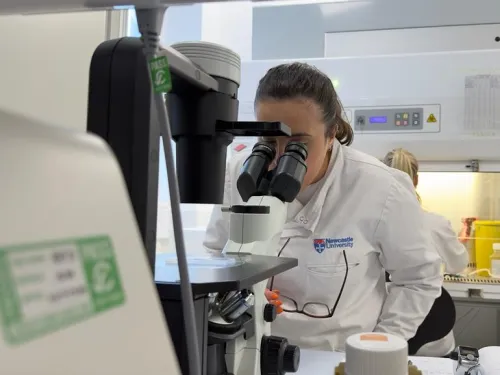"Now, unlike before, I control my future, not my cancer”
Josh Hill was diagnosed with acute lymphoblastic leukaemia (ALL) in September 2004. Now 21, he tells us how he chooses to allow his experiences to drive what he does, rather than control him.
Josh Hill was diagnosed with acute lymphoblastic leukaemia (ALL) in September 2004. Now 21, he tells us how he chooses to allow his experiences to drive what he does, rather than control him.
Consultant Clinical Oncologist and CCLG Trustee talks to us about his career and interests
CCLG’s trailblazing and innovative Special Named Funds (SNFs) programme provides a positive platform for families, friends and communities to raise funds in the name of a child affected by cancer. Carly tells us more.
Emily Zobel Marshall describes some of the choices her family made after her daughter, Rose, was diagnosed with leukaemia in March 2018
When I agreed to write this column in this edition of Contact, themed on ‘Choices’, I thought it would be easy. But it wasn’t – just like the choices that families have to make.
Dr Bob Phillips describes how decisions are made in children’s cancer care, and how it can feel when the choices aren’t so obvious.

Research is the key to better treatments, improved care, and potential cures that mean a bright future for children and young people with cancer.
Eating well during treatment is really important as a well-nourished child is able to cope better with their treatment and fight infection. It will also help their body repair healthy body tissues that have been damaged by chemotherapy or radiotherapy. By Louise Henry, Paediatrics Senior Specialist Dietitian at Royal Marsden
Theatremaker Toby Peach tells us about his new project in collaboration with Carmen, who was diagnosed with a brain tumour aged 7.
Children, parents and coaches at sports classes across the country have raised more than £20,000 for Children’s Cancer and Leukaemia Group (CCLG).